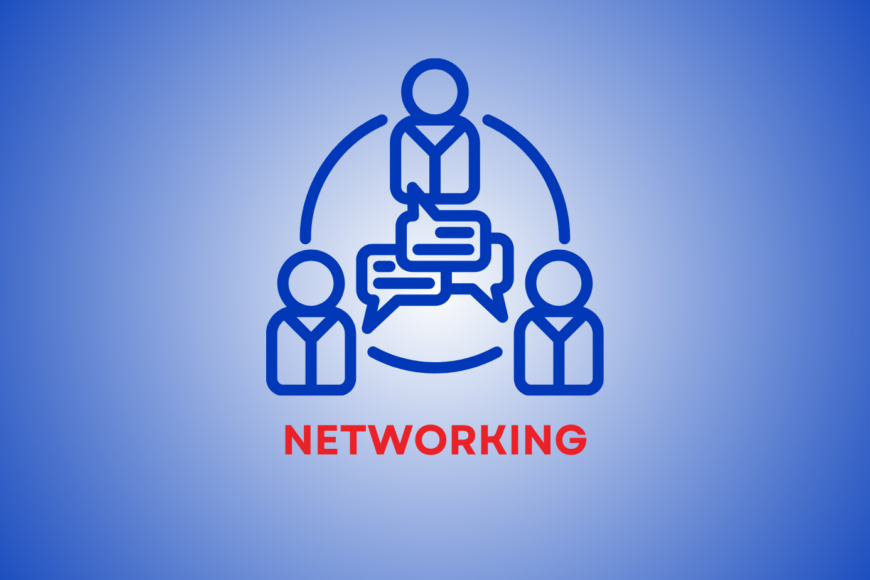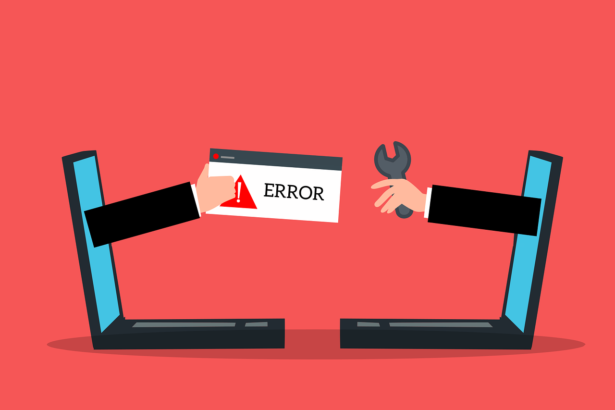For Retail Businesses:
1. Increasing Business Recognition:
Participation in local events and festivals allows direct interaction with customers and increases business recognition within the local community.
2. Enhancing Reputation through Referrals:
A strong professional network can lead to referrals from other businesses and professionals, boosting the business’s credibility and reputation.
3. Access to New Markets:
Collaborations with local suppliers or other businesses can open new markets and offer opportunities for joint promotional contests and offers.
4. Improving Products and Services:
The exchange of ideas and experiences with other entrepreneurs can lead to improved products and services based on feedback and best practices.
5. Better Understanding of Customer Needs:
Through relationships with other professionals and customers, entrepreneurs can gain a deeper understanding of their customers’ preferences and needs.
For B2B Sales:
1. Creating Partnerships and Strategic Alliances:
Developing a strong professional network can lead to strategic partnerships and alliances that enhance the business’s competitiveness.
2. Expanding the Client Base:
Through networking, entrepreneurs can connect with new company clients and expand their customer base.
3. Exchanging Knowledge and Best Practices:
Communication with other professionals in the same or related fields can offer valuable knowledge and best practices that improve business operations.
4. Access to Financial Opportunities:
A strong professional network can provide access to investors and funding schemes, facilitating business growth.
5. Enhancing Credibility and Reputation:
Collaboration with established businesses and recognition from other professionals can boost the business’s credibility and reputation in the market.
Overall, developing a professional network helps entrepreneurs in both retail and B2B sales to strengthen their businesses, increase opportunities, and improve their competitiveness in the market.







